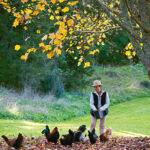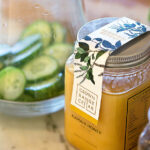How Jing Song is changing the New Zealand wine industry
- Jing’s first job on the vineyard was shooting rabbits; now possums are her target in Ramarama.
- Jing feeding her chooks in front of their favourite tree.
- She sometimes works from home looking out over the rolling Ramarama hills.
- The golden candlesticks date from the 17th century.
- Bow Bow the dog has been known to chase the chickens around the yard.
- Jing’s husband Ping prefers tea to wine. Pu’er tea is best served in Chinese porcelain to bring out its earthy flavours says Jing.
- Jing also produces manuka honey from hives at Lake Hawea.
- Jing’s home is adjacent to a river and waterfall.
A wine producer is allowing her creative spirit to pop while exploring the Chinese heritage of Central Otago.
Words: Emma Rawson Photos: Tessa Chrisp
This article was first published in the July/August 2016 issue of NZ Life & Leisure.
Cruelty is a kindness for pinot noir grapes. The severity of the Central Otago climate with its seething summers and frigid winters brings the best out of the fruit. Chinese New Zealander Jing Song produces her Crown Range Cellar wine from grapes grown on Chinaman’s Terrace on the flinty folds of Bendigo.
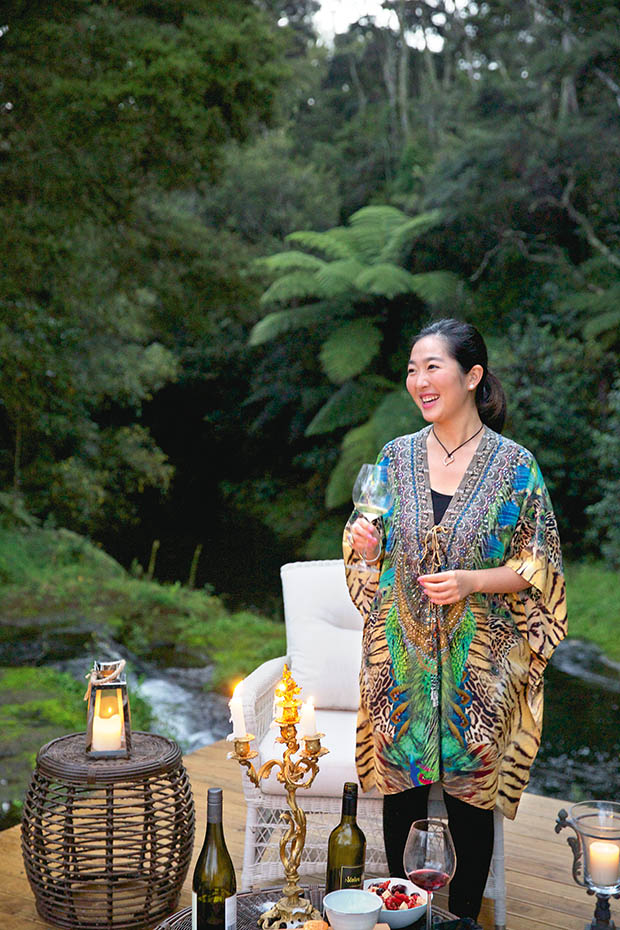
Jing has found riches in this severe schisty terrain but it’s not lost on her that this land was not so kind to its namesakes, New Zealand’s first Chinese settlers. The Chinese goldminers who panned for fortune 150 years ago lived in dire conditions and suffered prevailing prejudice from fellow European miners.
Like her predecessors, Jing’s presence in this countryside has challenged convention. In December, she became the youngest female – and first Chinese female entrepreneur – to win the top award at the UK-based International Wine and Spirit Competition (IWSC), the world wine industry’s equivalent to the Oscars.
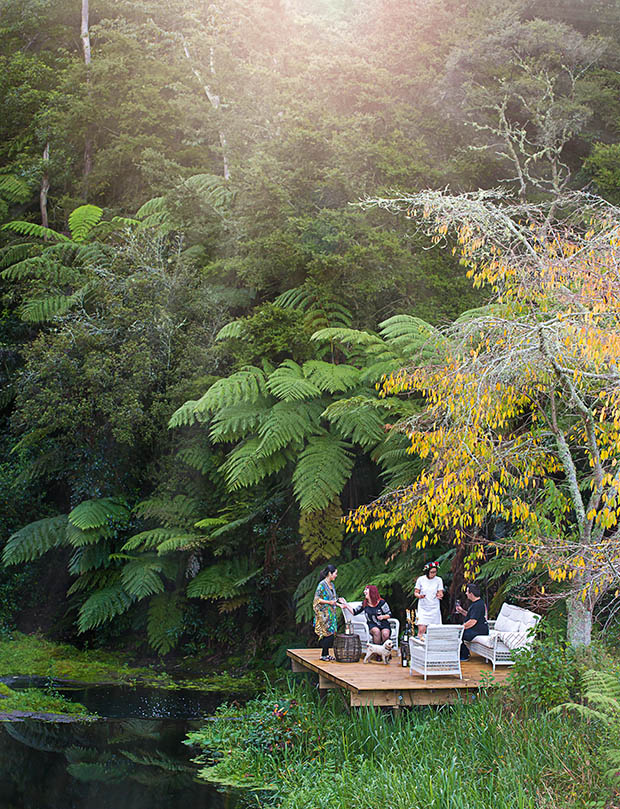
Crown Range Cellar’s managing director Jing Song has no shortage of guests wanting to visit her at her Ramarama homestead. The deck overlooking a private waterfall is a favourite place for parties, but it’s also Jing’s preferred quiet spot. “I have an active mind and it’s hard to switch off. But I can sit at the waterfall for a few hours and meditate. I let the water wash everything away.”
Crown Range was judged to have the world’s best pinot noir, awarded a trophy and ‘Gold Outstanding’, beating thousands of entrants from more than 90 countries. Jing’s most prestigious win is causing a few whispers in the New Zealand wine industry.
“Some people felt quite shocked with my identity,” says Jing. “I got the cover of WineNZ magazine and people asked, ‘Who is this foreign face who doesn’t know about winemaking?’ It’s sad that in my industry that there aren’t many women or Asian faces – this is something I want to change.”
The 30-year-old sips Chinese pu-erh “brick” tea dressed in a rainbow kaftan in her Ramarama home. Her speech, matching the cadence of the traditional mandolin music in the background, is punctured by crowing roosters in her flock of 30 chickens and the bleating of her 10 sheep.
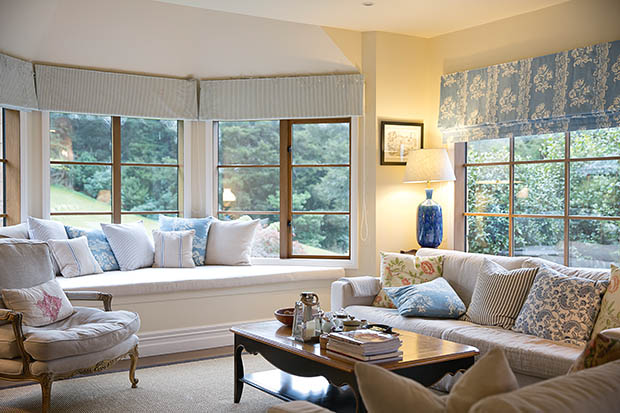
She’s both artist and entrepreneur. On the one hand shrewd and measured as a managing director, growing Crown Range Cellar into a bustling business – exports increased by 50 per cent year-on-year last year. On the other an artist, throwing toga parties, sketching and making slightly bonkers short films.
“I could be naked running around my property if I thought that’s the right thing to do to get my imagination working,” she says. Her naked ambition is matched by an exceptional work ethic – making business calls from the hospital while giving birth to her son, Leroy. But she hasn’t always been so sure of her place in the world.
Twelve-year-old Jing left China for New Zealand in 1999 to get an education. With her family oceans away, independence was thrust upon her. She lived at first with a homestay family in Christchurch, then boarded at St Andrew’s College and stayed during the holiday with another family in an Oxford farmlet.
“I was taught to think for myself from a young age and I want the same for my son.” Two-year-old Leroy is currently visiting China with her mum.
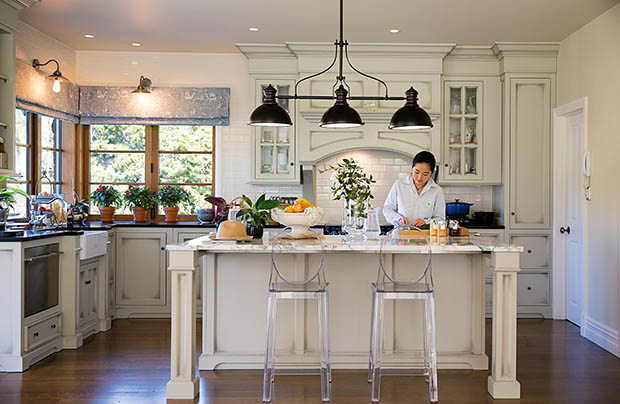
“To be honest, I’m not very good in the kitchen,” says Jing. “Good old corned beef with mashed potato and peas is my favourite dish,” she says. “I’d love to be able to cook great Asian cuisine as well but being away from Asia for many years means it’s not easy for me.”
In high school, Jing fell in love with the theatre, literature and the New Zealand down-to-earth way of life, but still forced herself to conform to expectations from her homeland. “When I was in China the education system put me in a set frame of mind. You must study maths and science – the arts are not good because they won’t bring you a job. But when I came to New Zealand I couldn’t let them go,” she says.
Her ability in maths and commerce won her a university scholarship through accounting firm KPMG but when she landed a job at one of New Zealand’s top accounting firms she was restless.
“I like numbers, and I’m good at that, but I kept thinking about this winemaker I had met called Grant Taylor and the look in his eye.”
Veteran winemaker Grant and Jing are unlikely business partners. When Jing’s parents moved from China to Queenstown, the family were curious about the man on the property over the fence who had a greenhouse on his balcony filled with hot chillies.
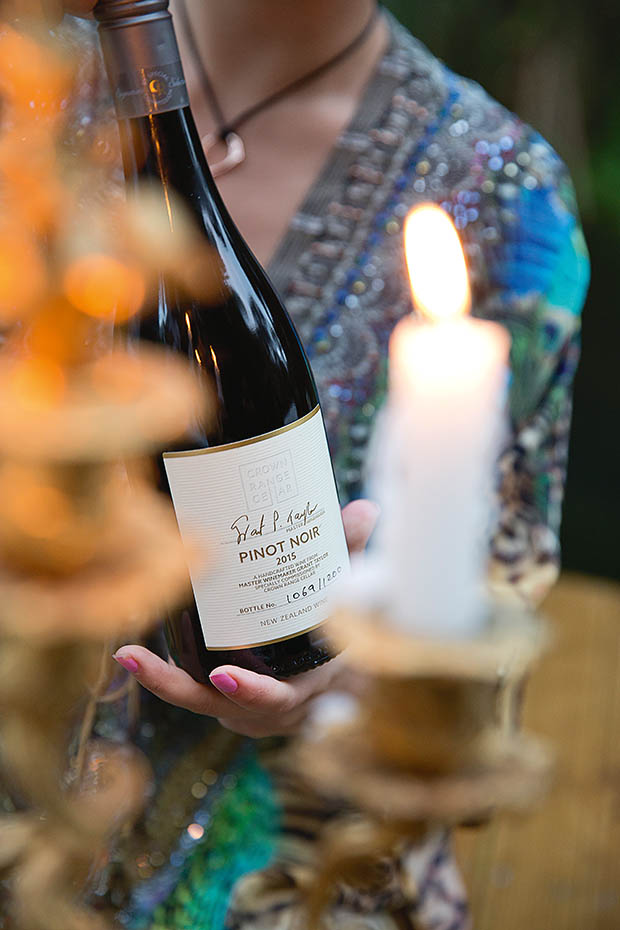
Crown Range Cellar produces small batches of premium wines for the overseas market.
“My mum comes from a part of China famous for its spicy dishes, so I kept imagining ways I could befriend my neighbour to get his chillies,” says Jing.
By chance, Jing met Grant while showing visiting Chinese businesspeople around a winemaking bottling plant. Later she realised the man she had met was the chilli-loving chap across the fence.
Friendship was forged over a dinner of gewürztraminer and spicy rabbit stew, during which the master introduced Jing to the nuances
of wine.
“When I was a Dunedin student I used to drink cask wine – we just wanted to have a night out and get knocked out. When I told Grant this he wasn’t offended. You’d think someone in the wine business would be that kind of wine snob but he invited me to be part of the wine harvest, and it grew from there.”
The pair formed a wine distribution partnership in 2010 and in 2013 Jing formally left her accounting ledger behind to launch Crown Range Limited. The pair has since found success taking their pinot noir to the traditional markets of United States, Europe and Australia.
However, they are finding exponential growth in the emerging Chinese market. Not only is Jing introducing wine to new markets but also introducing new ideas to traditional wine-marketing practices.
“In New Zealand, we talk about winemaking families and special blocks. My style is coming up with a collection that is to do with my life and a feeling,” she says.
“If I describe my wine as being like the beautiful colours of the tropical ocean, I think people are more likely to understand the wine than describing a wine’s body, acidity and grass flavours.”
Jing’s latest collaboration with Grant and businessman Sir Michael Hill (who she met at a wine industry function) is called China Girl, inspired by the David Bowie song. Jing is a big fan and has been known to drive around the Gibbston Valley blasting the Thin White Duke out to all and sundry
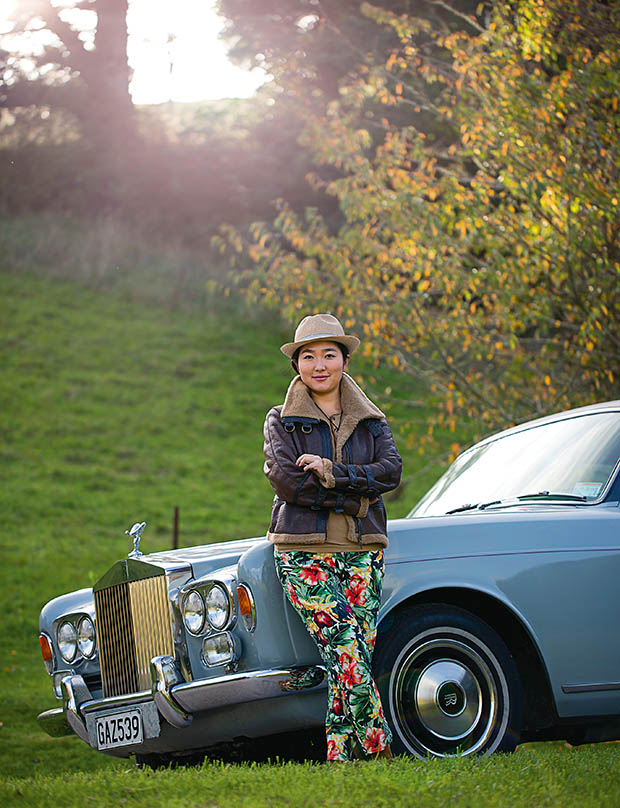
Jing must have been quite a sight rolling through the Gibbston Valley in her 1973 fixed-head coupé Rolls-Royce Corniche.
China Girl is part commercial enterprise, part art installation. For the launch, Sir Michael is producing a 15-litre wine bottle made from gold mined near the vines on Chinaman’s Terrace, filled with Jing’s pinot noir. The art piece is being auctioned on 7 July at St Andrew’s College.
Jing is creating a 30-second video for the launch involving white horses, goldminers, wine, bags of gold and a Chinese princess. It sounds a bit cuckoo, but Sir Michael insists he, himself, has picked up a few business tips. “I am learning a lot from her creativity,” he says. “Jing walks a different path and rather than following in the footsteps of others she treads new ground. Originality is far more successful than copying.”
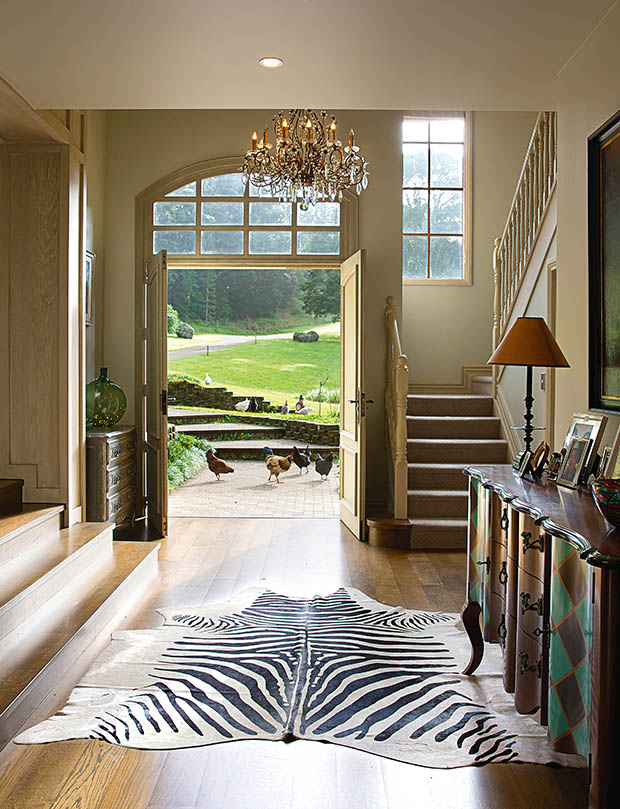
Jing’s 30 chooks play a game of chicken coming daringly close to the front doors of her French country-style home. Her love of birds stems from a 15th-century painting of roosters she discovered while studying art history; now she appreciates her flock more for their eggs. Jing’s love of the wild side extends to replica zebra skin which lies under a French chandelier from the 1890s.
Jing’s business ventures haven’t always been so golden. She and her husband Ping, a property developer, hit the headlines in 2013 for their plans to build a $100 million luxury hotel on the waterfront in Dunedin. Three years’ work and more than a million went down the drain when an agreement between them and the Dunedin City Council turned sour over resource consents.
“I was too young to understand the political side of things,” says Jing. “When I think about it now, it’s a real shame. I was passionate about Dunedin, and I really wanted the city to grow. That hurts more than the money.
“But I choose not to dwell on losses and what people think of me, and that’s how I have found new success. I started in wine producing with a huge burden and that didn’t destroy me. In fact it’s encouraged me to be successful.”
The IWSC has created the Chinese Producer of the Year – Jing Song Award, named after Jing in recognition of her contribution to the industry. The first winner will be announced in January 2017 and Jing is proud to encourage other new faces into the industry.
“There’s a lot that’s hard about winemaking. It’s quite a physical and you have to sign up for some late nights. But this is something anyone can do, even me. All you need is dirt, vines, drive and imagination.”
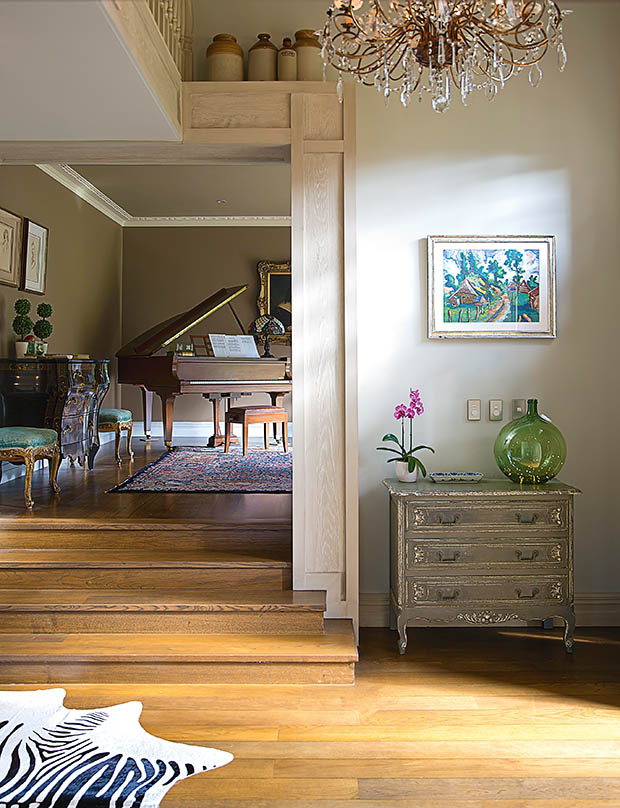
THE ROCKY ROAD TO RAMARAMA
It’s by a lurch of fate that Jing and Ping found themselves living in Ramarama, near Pukekohe. The couple were the highest bidders at a house auction in Christchurch but didn’t meet its reserve price. That day was 21 February 2011.
The next morning the disappointed couple set out on an impromptu road trip to think about their future. They stopped for lunch in Taupo and learned that an earthquake had devastated Christchurch. “The very house we were trying to buy was flattened.”
Jing’s response was complex: on the one hand the city she grew up in was near ruined but on the other she was relieved they hadn’t managed to buy the house. They kept driving north. Jing found their eventual Ramarama home by chance and then bought it by phone bid while visiting China.
“It was really early in the morning, and I had to make big decisions about big amounts of money. Coffee was important.”
Drowsy Fish wine concept video by Jing Song from This NZ Life on Vimeo. Every wine should tell a story says Crown Range Cellar’s Jing Song. She expresses her artistic side with this concept video for her Drowsy Fish wine range. The video was inspired by an experience ordering a fish meal in a restaurant. “The waiter suggested that we order sauvignon blanc to go with our fish and I thought ‘That’s a bit boring,” says Jing. “So I asked my friends, ‘What do you think the fish would like us to drink?”
EASTERN HORIZONS
It was over dinner with a Chinese hotelier that Jing and Grant realised there was a market in China for New Zealand pinot noir. “We had dinner with some lovely people who knew nothing about Central Otago or pinot noir. They were drinking some expensive wines from Burgundy, which were $5000 a bottle. We brought out our pinot noir, and the first thing we were asked was, ‘How much does your wine cost?’ At the time, ours was $60, and they went silent.” After a blind tasting, the New Zealand red was declared the winner and the first wine contract was signed.
Wine is growing in popularity in Asia. China is already the world’s largest consumer of red wine and has already overtaken France in terms of the amount of land devoted to grape growing. By 2018 Asia will be the world’s largest wine market. Jing, Grant Taylor and Sir Michael Hill recently explored the Gobi desert, northern China, by camel to assess grape-growing opportunities. It was an eye-opening experience.
“The Gobi desert was picturesque, but we encountered a severe sand storm one afternoon that gave me a rapid appreciation of the hardships of living in this hostile landscape,” says Sir Michael. “This trip would have been impossible without Jing. Not being able to speak the language, read the road signs, to know where you are going… would have been very difficult.”
Love this story? Subscribe now!
 This article first appeared in NZ Life & Leisure Magazine.
This article first appeared in NZ Life & Leisure Magazine.

